Content Sections
By Paraschiva Florescu, mission facilitator and Melissa Smith, outreach and communications officer
“I am convinced that the biggest threat to our health today is the healthcare system itself, aided, abetted and coerced by the pharmaceutical and food industries and even by our own governments.”Barry Groves, Trick and Treat: How ‘healthy eating’ is making us ill
The separation of mental and physical health is leading to a significant lack of care for mental health care patients in the UK and a 15-20 year reduction in lifespan, according to new data from the Royal College of Nursing. The US, like most industrialised nations, is facing a mental health crisis, as young people struggle with anxiety and depression. Yet mental and psychological health is still seen as secondary to physical health and psychological and psychiatric services remain disconnected from other medical disciplines, reminding us just how far away the mainstream is from recognising whole system health. The continued siloing of mainstream medicine and the separation of mind and body were just two of the subjects tackled at the Goodwood Health Summit, on 28th September at the Goodwood Estate near Chichester, West Sussex, UK, attended by ANH's Melissa Smith and Paraschiva Florescu.
In a world where spiralling levels of preventable chronic and degenerative diseases, coupled with aging populations, threaten to swamp healthcare systems, it’s essential to bring together a wide and diverse range of scientists, researchers, policy makers, healthcare professionals, business owners and others to explore how we can combat the ongoing threats to our health. This is just what happened at Goodwood, the event being convened by Her Grace, the Duchess of Richmond and Gordon.
On opening the Summit, the Duchess reminded those present about the dwindling opportunity to tackle the escalating health crisis and that our healthcare systems can no longer afford to continue on their current trajectory. Topics ranged from the fundamental life force of a healthy microbiome, integration of mind and body within healthcare systems, the revolution that’s needed to overhaul the food industry and remove ultra-processed foods (UPFs) from society, as well as asking (yes, they were serious!) if it's possible to safely include junk foods in our diet. Even more controversially - other questions posed at the summit were whether drinking a glass of Diet Coke® with one's morning breakfast was better for your health than a glass of orange juice, and whether vaccines could provide a solution to the crises within our inner ecosystem.
The Summit was hosted by BBC Radio 4 presenter, Justin Webb, and speakers included Dr James Kinross, gastroenterologist at Imperial College London and author of Dark Matter, Prof Ed Bullimore, head of psychiatry at Cambridge University, Jessie Inchauspé, biochemist and ex-Sillicon Valley geneticist turned social media influencer, and Dr Chris van Tulleken, infectious diseases doctor and one of the BBC’s leading science presenters.
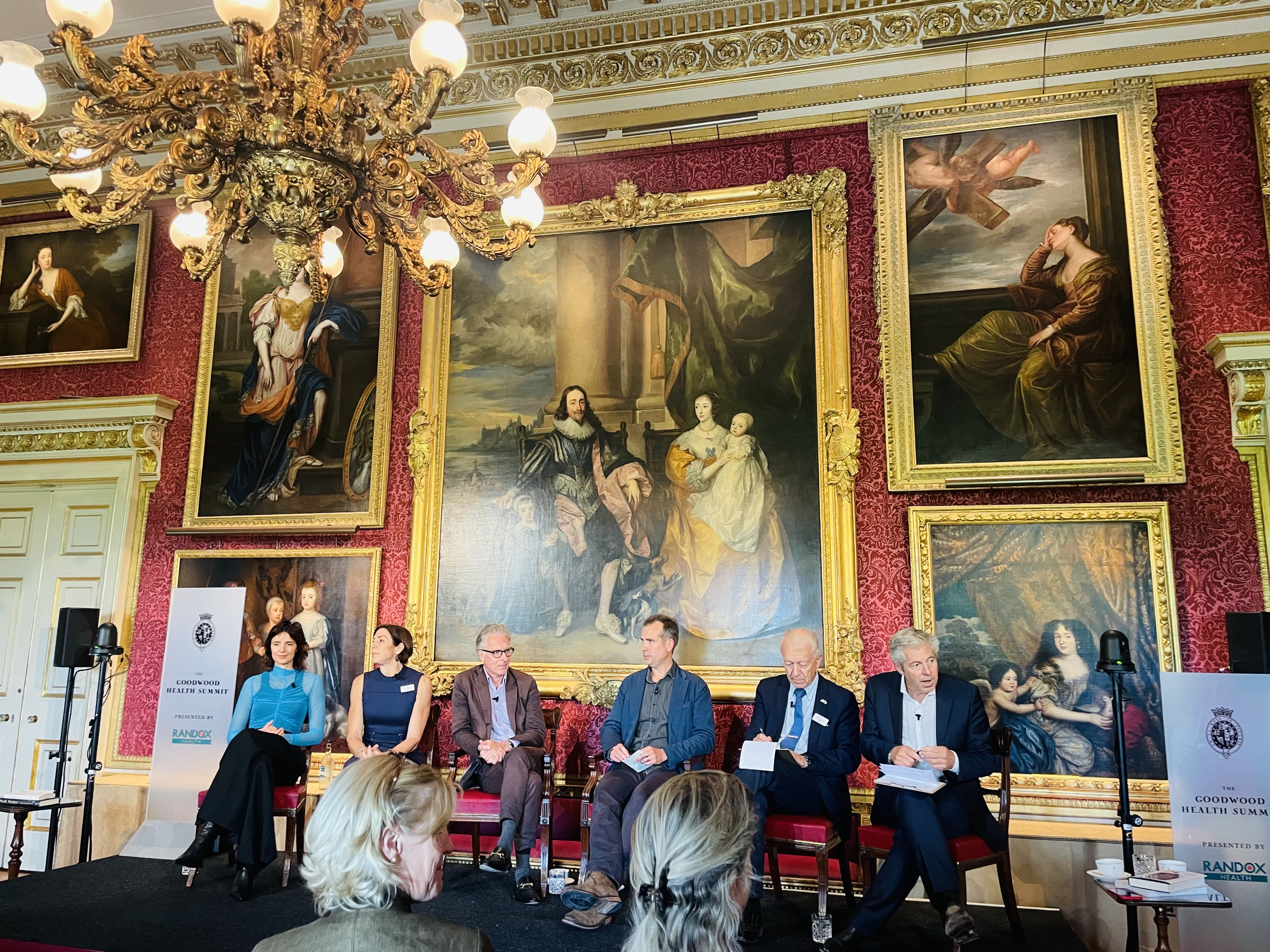
Photo of speakers from the Goodwood Summit 2023.
Threats to our inner ecosystems
To many in mainstream medical circles, it seems, the microbiome is still something of a mysterious concept. Dr Kinross warned we’re in a global race to map the human microbiome, because just as we are beginning to understand it, it’s rapidly disappearing. He asked how we can leverage the microbiome to create health and get it valued, and he highlighted some of the reasons for the loss of microbiome diversity in recent decades, including:
- The industrial revolution and WW2
- Industrialisation of our food production systems
- Introduction of antibiotics eradicating the microflora and changing the composition of our microbiomes
- Medicines and the influence of Big Pharma
- ‘Climate change’ although he didn’t define this concept or clearly explain any direct link. Our view is, like many, he misused the term climate change to reference the degradation of planetary ecosystems and loss of biodiversity through the destruction of habitats, agricultural lands and the poisoning of ecosystems with agro- and other chemicals. Indeed, a loss of outer diversity of species, soil degradation and the wider environmental crisis will undoubtedly affect our inner ecosystem. This is one of the issues at the heart of ANH’s mission (see here).
Some of the solutions rely on individuals making changes such as increasing fibre and activity levels, breastfeeding and improving the maternal microbiome. Dr Kinross also thinks ‘improving vaccination programmes’ is part of the solution, because, as he explained, better vaccines will mean people will need less antibiotics which are known to damage the microflora of our gut.
Unfortunately, as yet there is little evidence that vaccination can enhance the diversity of our gut microbiota, as this review, published last year in the World Journal of Gastroenterology, illustrates. Researchers found that covid shots reduced the overall population and biodiversity of gut microbiota. Instead, a focus on a diet that is supportive of good gut health, including a wide diversity of plant foods, pre- and probiotics, small amounts of good quality grass-fed organic meat with plenty of good fats is a more sustainable solution to a thriving gut microbiome.
>>> Check out RESET EATING to help you turn your food into powerful medicine!
He was clear though, that prioritising a healthy microbiome is key to achieving good health and that, by all rights, he should be out of a job!
Fractures in the dualistic paradigm
“Mind and body dualism was the critical conceptual leap that was desperately sought at that time in history. Before its advent, the prevalent orthodox Christian views […] (were that) human beings were spiritual beings; body and soul were one. […] Descartes, through mind-body dualism, demythologised body and handed over its study to medicine. Thus, the way was paved for progress in medical science through the study of physiology and anatomy. At the same time, by isolating mind, mind and body dualism denied its significance in individuals’ experience of health” - Neeta Mehta, PhD Associate Professor, Department of Psychology, KET’s V. G. Vaze College
Mainstream medical thinking is beginning to accept the mind-body connection, yet this knowledge, and the interconnectedness of all systems relating to health, even those that are unseen (e.g. energy, chi, prana, plasma) have been central to traditional systems of medicine for aeons. The notion was dismissed well before Big Pharma's rise to dominance during the second half of the 20th century, with the dawn of Descarte’s principle of dualism in the 17th century which informed much of the medical thinking we still see in mainstream systems today.
Prof Bullimore recognises the shortcoming of conventional medical training which seeks to separate the body and the mind into two separate entities. He described today’s medicine as “hierarchical and patriarchal”, however he’s hopeful that a shift is now taking place from a mechanistic view to a more holistic understanding that the body is not just a machine, but an interconnected and complex being with body systems, such as the gut and the brain for example, constantly interacting. The scientific community is also waking up to this fact with studies such as this linking consumption of ultra-processed foods (UPFs) with higher risks of depression in adolescents.
Prof Bullimore suggested the solution to declining mental health is to bring physical and mental health “into the same building” which is happening, quite literally, with the building of a new children’s hospital in Cambridge that brings physical and mental health services under one roof. The focus is on prevention and intervention, focusing on early years and tackling disease before its development.
Ultra-Processed Foods: the bad, the worse and the ugly
Today, poor diets have overtaken tobacco as a leading preventable cause of death. Whereas traditional diets support health, Western diets harm health.
Against this background, we were less than comforted by the perspective of Jessie Inchauspé, aka The Glucose Goddess, who argued that a Diet Coke® is better for your health than a glass of orange juice. Her reasoning, based on how blood sugar and insulin spikes affect your health, is that artificial sweeteners don’t create a spike in blood sugar levels in the same way as a glass of orange juice would, dubbing sweeteners the lesser of two evils. She clearly wasn't interested in what kind orange juice was involved (e.g. freshly squeezed or pasteurised?), how much was being consumed (the same 330 ml amount, 200 ml or a different amount?) and with what foods (e.g. entourage effects, dampening of blood sugar spikes by healthy fats and protein). It is this kind of unconsidered statement that gives science - and nutritional science in particular - a bad rap - and contributes to the confusion of the public. When even the World Health Organization (WHO) advises against eating non-sugar sweeteners and its arm, the International Agency for Research on Cancer (IARC), has classified aspartame as “possibly carcinogenic”, you know they must be really bad! What's more we know that blood sugar levels are impacted by artificial sweeteners, for example, a recent study, published in Cell highlights the effect of sweeteners on blood sugar levels through their interaction with the gut microbiome.
Jessie Inchauspé’s philosophy seems to be, ironically, Big Food friendly and we wonder why..... it seems she would like to cultivate a view that you can still have junk food, but not suffer the effects of it, as long as you follow her guidelines (or as she calls them ‘hacks’) such as having a shot of apple cider vinegar before you have your junk or by going for a walk afterwards.
Surprisingly, Chris van Tulleken, who was seated right next to Jessie on stage, didn’t seem to be alarmed in the slightest by her statement, despite his stated beliefs that Western diets are very harmful to health and UPFs are made for profit, and not for people.
UPFs, which he describes as anything wrapped in plastic with an added ingredient that’s not normally found in a domestic fridge, have multiple detrimental effects on health including cancer, cardiovascular disease and early death. If you’ve ever wondered why those chocolate wafers or Pringles crisps melt in your mouth within seconds, it’s because they are smartly designed to do so in order to encourage over-eating by overriding your body’s normal satiety signalling systems. A smart idea for a perfect business product!
Patrick Holden, founder of the Sustainable Food Trust, former head of the Soil Association, and a highly informed and vocal organic farmer (who, in our view, frankly, should have been on the stage rather than in the audience), brought a different angle to the conversation arguing that “we must tackle the agriculture problem to tackle the food problem”, suggesting school curriculums need to teach children where food comes from. “We’re so far away from real food. […] How do we reorganise the food system before the farm gate?”, he added.
“We need to make real food easily available and affordable. How do we beat the system and create structural change?” - Chris van Tulleken
Both Dr van Tulleken and Jessie Inchauspé recognised the need for a food revolution, blaming the “real villains” of the piece, as those that partner with the food industry, such as paid scientists and governments that fail to regulate the industry. Asking how to overcome the extremely addictive nature of UPFs, they were clear that it’s the structure of the system that needs to change. It’s not only about giving people information so they can decide whether or not to eat UPF foods.
We, too, recognise that need, yet the more intricate details of what to revolt against might differ. He thinks the issue is the ‘Global Syndemic’ described in this recent Lancet paper as the synergy of epidemics of obesity, climate change and undernutrition, and that it can be solved by creating more ‘binding’ solutions and creating a new WHO convention based on the tobacco convention, which the speakers credited as influential in the dismantling of the tobacco industry – which is not something too far from the future with the new WHO Pandemic Treaty and International Health Regulations (IHR) amendments looming large on the horizon.
Our idea of a revolution is an inner revolution, where individuals take their power back from the medical institutions and realise the inherent right within to create their own health. On an individual level, that means making daily choices that are health enhancing.
Justin Webb alluded to the idea of free will, questioning whether we really have free will or are influenced completely by chemical reactions within the body, the microbiome, neurotransmitters, environment, genetics.
We believe that not only do we have free will, but that it is our most important superpower.
Wrapping up the day
Overall, the conversations that took place during the course of the day were relevant and meaningful and suggest that there is a widespread need for a health revolution around the way we eat, how we educate people around nutrition, as well as how we use food as the most powerful and accessible medicine we know.
Grassroots pressure was widely recognised as being seminal to making the kind of societal, mental and behavioural changes we need. And the agricultural and food industries need to respond accordingly. While we might disagree with Jessie on her Diet Coke choice, or don’t feel there is any evidence to suggest vaccination is the solution to our gut microbiome issues, it was also refreshing to hear a a diversity of views being aired. Especially given how such freedom of expression has been shut down of late by the censorship-industrial complex. To this end, such diverse and sometimes dissenting conversations are badly needed, in the knowledge that experiences and know-how can be shared, wisdom exchanged, and collaborations forged. When the contents of that cauldron are passed through a societal sieve, some things will be left behind - caught in the sieve - whilst consensus - in some areas at least - will pass through, ready to nourish, refuel and redirect society.
Dissent and discourse, as experienced at the Summit, are essential to scientific progress. These different voices remind us of the uncertainty in so many areas of science — nutrition included — and that we must be receptive to learning and updating our knowledge, while keeping our minds open and active. The alternative is facing the peril of the medico-industrial, censorship-industrial complex showcased at the Nobel Prize Summit in Washington DC in May this year.
One of our core projects at ANH International has been developing a regenerative health system, the workings of which can be seen through our Regen Health Blueprint project. At the link below you can find out more about our vision for a fully regenerative health system that assesses, creates and maintains health, rather than focusing on disease and its management.
>>> The ANH-Intl Regen Health Blueprint Project
>>> If you’re not already signed up for the ANH International weekly newsletter, sign up for free now using the SUBSCRIBE button at the top of our website – or better still – become a Pathfinder member and join the ANH-Intl tribe to enjoy benefits unique to our members.
>> Feel free to republish - just follow our Alliance for Natural Health International Re-publishing Guidelines
>>> Return to ANH International homepage




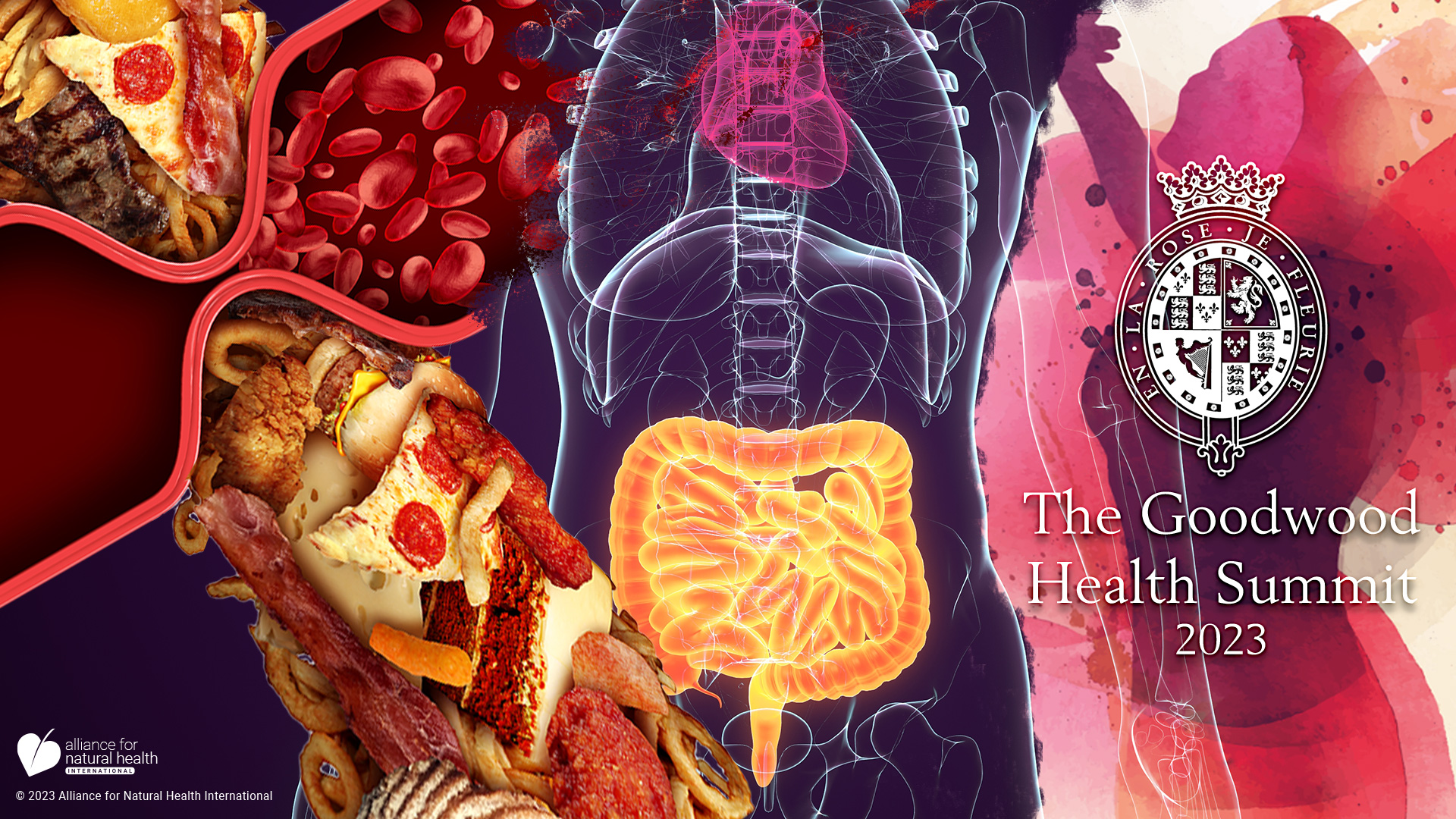

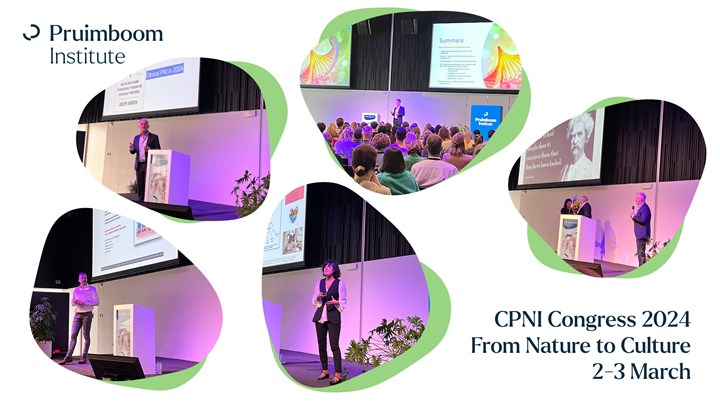
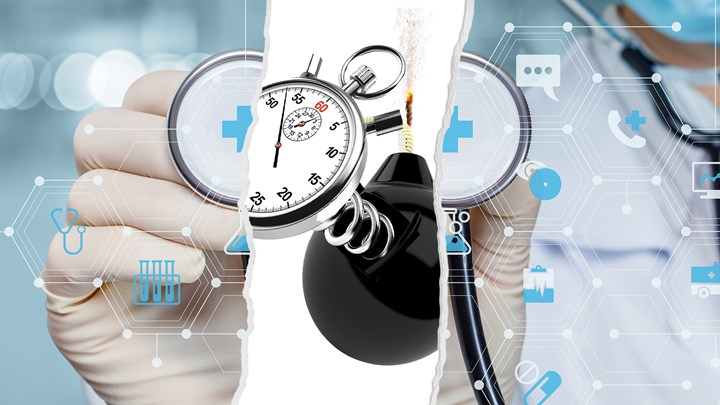
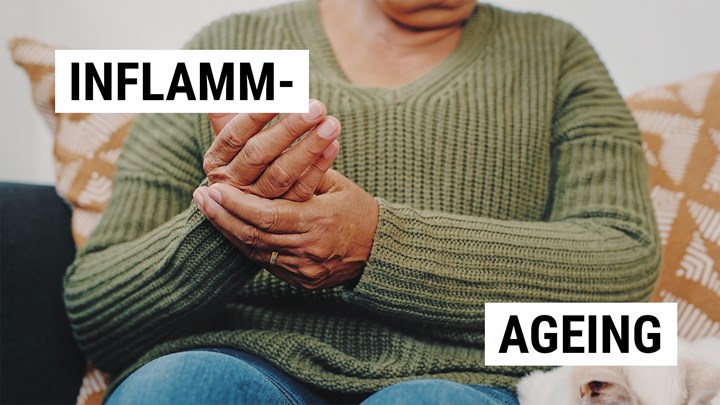
Comments
your voice counts
There are currently no comments on this post.
Your voice counts
We welcome your comments and are very interested in your point of view, but we ask that you keep them relevant to the article, that they be civil and without commercial links. All comments are moderated prior to being published. We reserve the right to edit or not publish comments that we consider abusive or offensive.
There is extra content here from a third party provider. You will be unable to see this content unless you agree to allow Content Cookies. Cookie Preferences